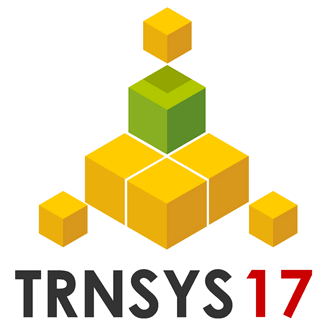
 TRNSYS is a transient systems simulation program with a modular structure. It recognizes a system description language in which the user specifies the components that constitute the system and the manner in which they are connected. The TRNSYS library includes many of the components commonly found in thermal and electrical energy systems, as well as component routines to handle input of weather data or other time-dependent forcing functions and output of simulation results. The modular nature of TRNSYS gives the program tremendous flexibility, and facilitates the addition to the program of mathematical models not included in the standard TRNSYS library. TRNSYS is well suited to detailed analyses of any system whose behaviour is dependent on the passage of time. TRNSYS has become reference software for researchers and engineers around the world. Main applications include: solar systems (solar thermal and photovoltaic systems), low energy buildings and HVAC systems, renewable energy systems, cogeneration, fuel cells. TRNSYS 17.1 was released in June 2012.The current release is 17.01.0016. Click here for a PDF of more detailed information about the latest TRNSYS release (Version 17.1). TRNSYS 17.0 was released in July 2010.The previous public release was 17.00.0019. Click here for a PDF of more detailed information about the updates from version 16 to version 17 TRNSYS release (Version 17.0). Detailed features descriptionClick here to download a PDF document describing TRNSYS 17.1 new features in detail (.pdf, 1.3 MB) Click here to
download a PDF document describing the TRNSYS 17.0 features in detail
(.pdf, 1 MB)
|